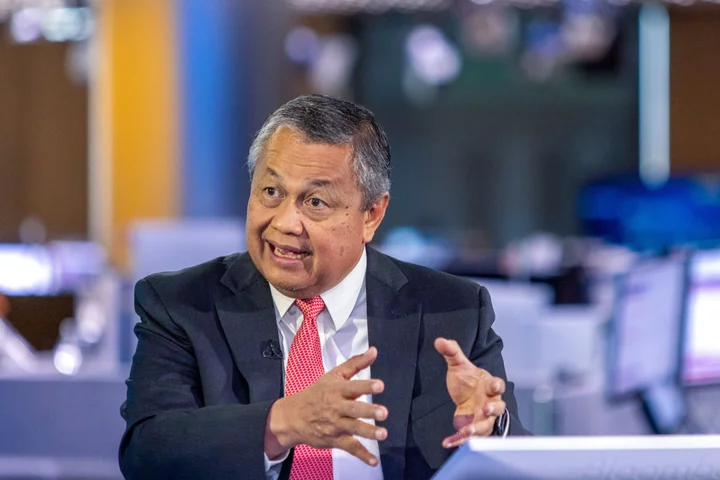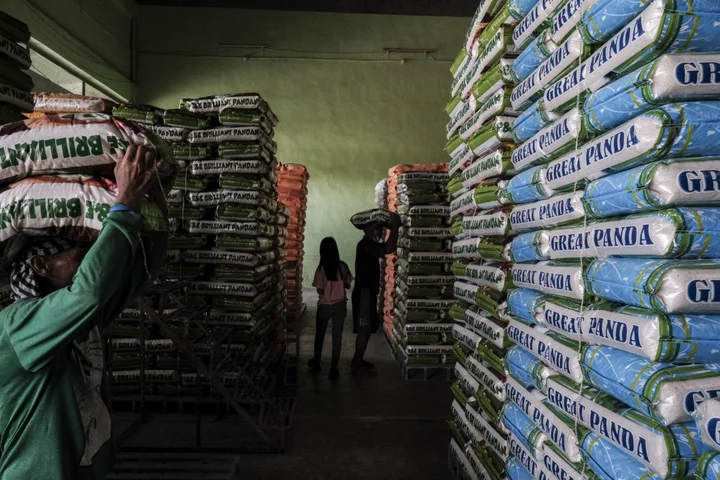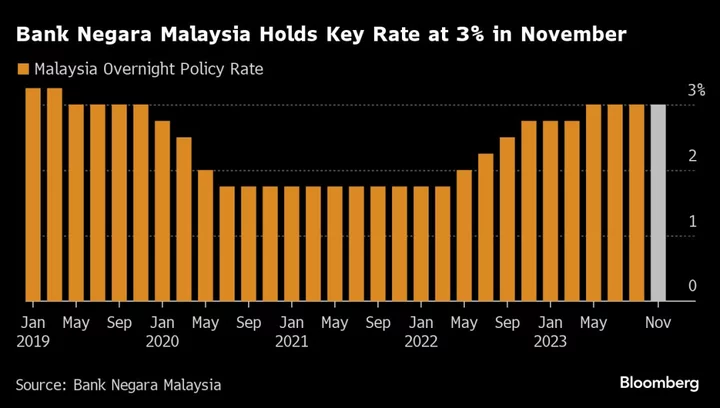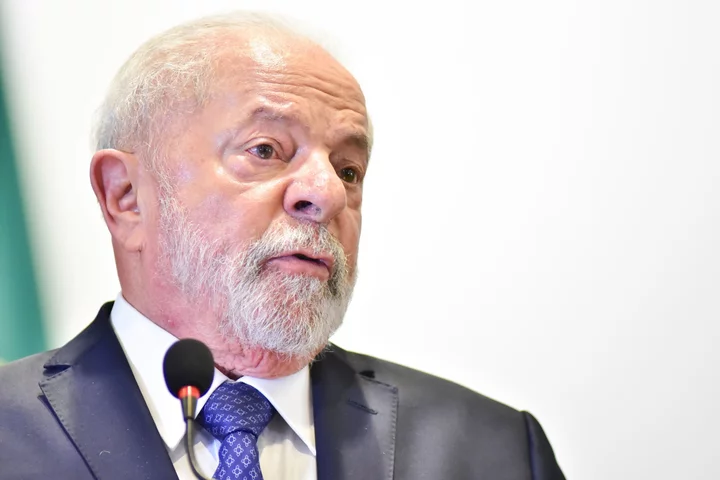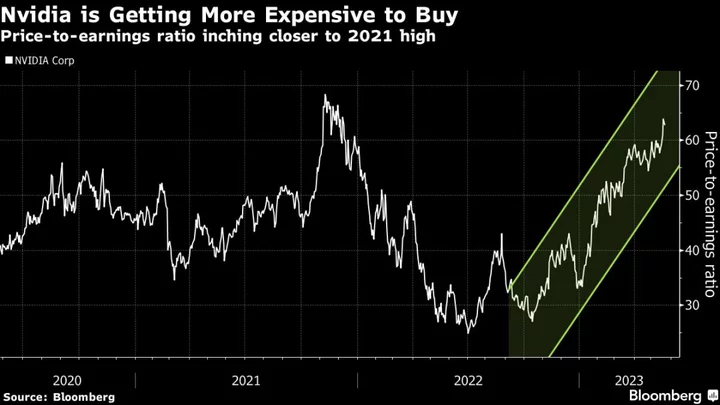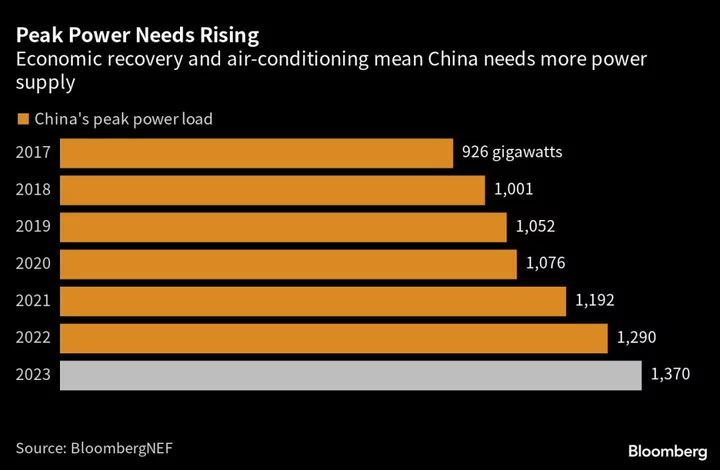Indonesia’s central bank will keep interest rates steady for a while to protect the rupiah from global market volatility, and be patient before weighing any monetary easing, Governor Perry Warjiyo said.
“We have to hold our policy rate for a while,” Warjiyo said in an interview with Bloomberg Television’s Francine Lacqua in London on Friday. While Indonesia’s inflation is “very low” and would ordinarily justify a rate cut, the central bank is watchful of global spillovers triggered by bets of another rate hike by the Federal Reserve.
“If we only consider the domestic economy, then actually our policy rates need to be lowered, but I cannot lower our policy rates because of the global spillovers. So we have to be patient,” Warjiyo said.
Indonesia’s rupiah has been among the biggest losers in Asia in the past month as a selloff swept through emerging market assets amid the threat of elevated interest rates in the US. Maintaining currency stability is Bank Indonesia’s main objective, and Warjiyo has cited the dollar’s strength as the reason why the authority has resisted cutting borrowing costs despite favorable inflation and economic conditions.
That’s taken on greater urgency at a time when costlier rice and oil could yet stoke imported price pressures in Southeast Asia’s largest economy. Bank Indonesia will watch the Fed’s policy stance, the strength of the dollar and the movement of US Treasury yields when it assesses its next policy move, Warjiyo said.
Even if the governor and his rate-setting board were to extend the rate pause at the Oct. 19 meeting, Indonesia risks reaching rate parity with the US, should the Fed decide to move by another quarter-point next month.
The rupiah dropped 3% last quarter and has erased year-to-date gains as the US dollar rallied further this week. Capital flight sent the yield on the benchmark 10-year note past 7%, a level last seen in November and one that had prompted the central bank to buy bonds in the market for the first time since 2022.
Bank Indonesia has kept its benchmark interest rate steady at four-year high of 5.75% since February as Warjiyo said that previous rate hikes have been sufficient in bringing inflation return to target, even earlier than expected.
The monetary authority has been using market tools instead to lure foreign inflows and defend the rupiah. However, the so-called rupiah securities SRBI and the FX term deposit for exporters haven’t yet delivered their intended results.
--With assistance from Cecilia Yap.
(Updates with more details from interview.)

